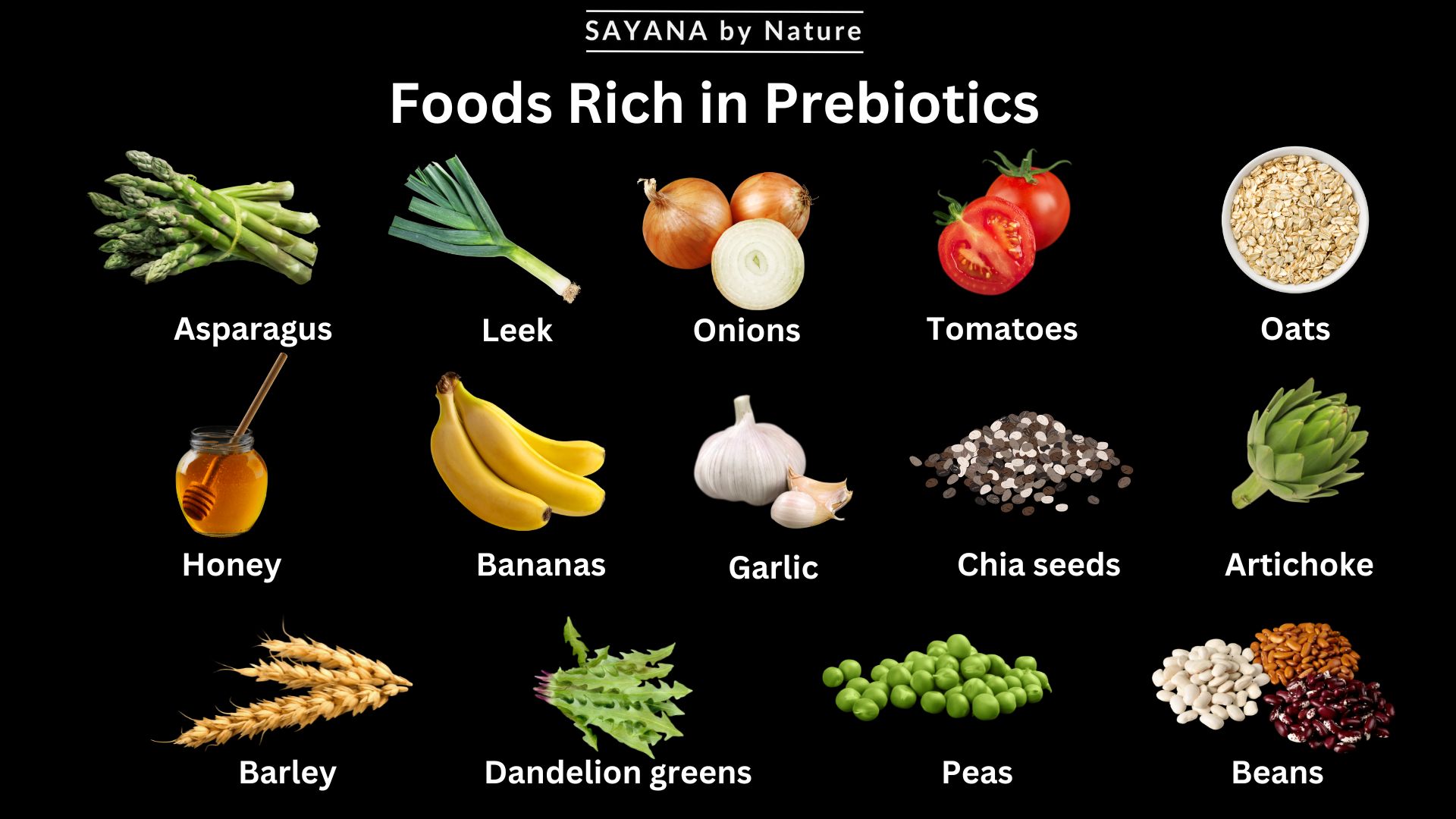Feed your Gut Microbiome with Prebiotics
Probiotics, the live beneficial microorganisms residing in your gut, are well-known, but prebiotics are less familiar to many. Prebiotics serve as nourishment for your gut microbiome, and they must bypass digestion to reach the colon. In the colon, microorganisms metabolize and ferment prebiotics to survive. This process benefits gut health, as it yields various byproducts that are advantageous in multiple ways.
The breakdown of prebiotics by gut microorganisms results in different short-chain fatty acids, depending on the prebiotic type. These fatty acids perform functions such as providing energy to colon cells, supporting mucus production, and assisting with inflammation and immunity.
The advantages of prebiotics are manifold. Current research continues to explore how they benefit our gut microbiome, and numerous effects of prebiotics are well-established.
Their primary function is the promotion of beneficial bacteria and the reduction of harmful bacteria that contribute to various diseases. Prebiotics can regulate bowel movements and bolster the body's anti-inflammatory responses.
They can also encourage the production of hormones that regulate appetite and suppress overeating. Additionally, they assist in the mineralization of bones and the absorption of calcium and phosphorus, potentially enhancing bone density.
Prebiotic Foods
Prebiotic foods typically contain high levels of fermentable soluble fiber. The cooking method can affect the availability of prebiotics, as the composition of food alters depending on whether it is cooked and how it is cooked.
While there are various types of prebiotics, three common ones include inulin, resistant starches and pectin.
Inulin
Inulin, a prebiotic fibre found in various plants, can aid in prolonging satiety, managing overeating, and promoting bowel regularity. It may also contribute to lowering LDL cholesterol, stabilising blood sugar levels, and fostering the growth of beneficial gut bacteria.
Although available as a supplement, inulin-rich foods offer extra benefits, such as antioxidants and vitamins. Foods containing high amounts of inulin include asparagus, burdock root, chicory root, dandelion greens, artichokes, leeks, onions, soybeans and garlic.
Resistant starches such as fibre
Resistant starches are not easily digested and serve as a primary food source for the microorganisms in your colon. The breakdown of resistant starches frequently results in the production of butyrate, a substance beneficial for water and electrolyte absorption, immune system support, and inflammation reduction.
Sources of resistant starches include boiled and cooled potatoes, unripe bananas, barley, oats, rice, beans, and legumes.
Pectin
Pectin is commonly found in many fruits, particularly in the pulp of uncooked apples. It is a gelatinous type of starch that is frequently used in making jams and jellies.
Pectin possesses antioxidant and anti-tumour qualities. It may also bolster the skin cells in your intestinal lining, reduce the likelihood of bacterial infections establishing themselves, and enhance the diversity of gut microorganisms.
Foods rich in pectin include potatoes, apples, apricots, carrots, tomatoes, green beans, peaches and raspberries.
Prebiotic Foods List:

To nourish your gut microbiome effectively, boost its diversity, and enhance your health, it's beneficial to incorporate a variety of prebiotic foods into your diet.
If you enjoyed this article you may want to read IMPROVE AND RESTORE YOUR GUT HEALTH WITH PROBIOTICS
Shop SAYANA by Nature Innovative PROBIOTIC SUPPLEMENT FORMULATIONS